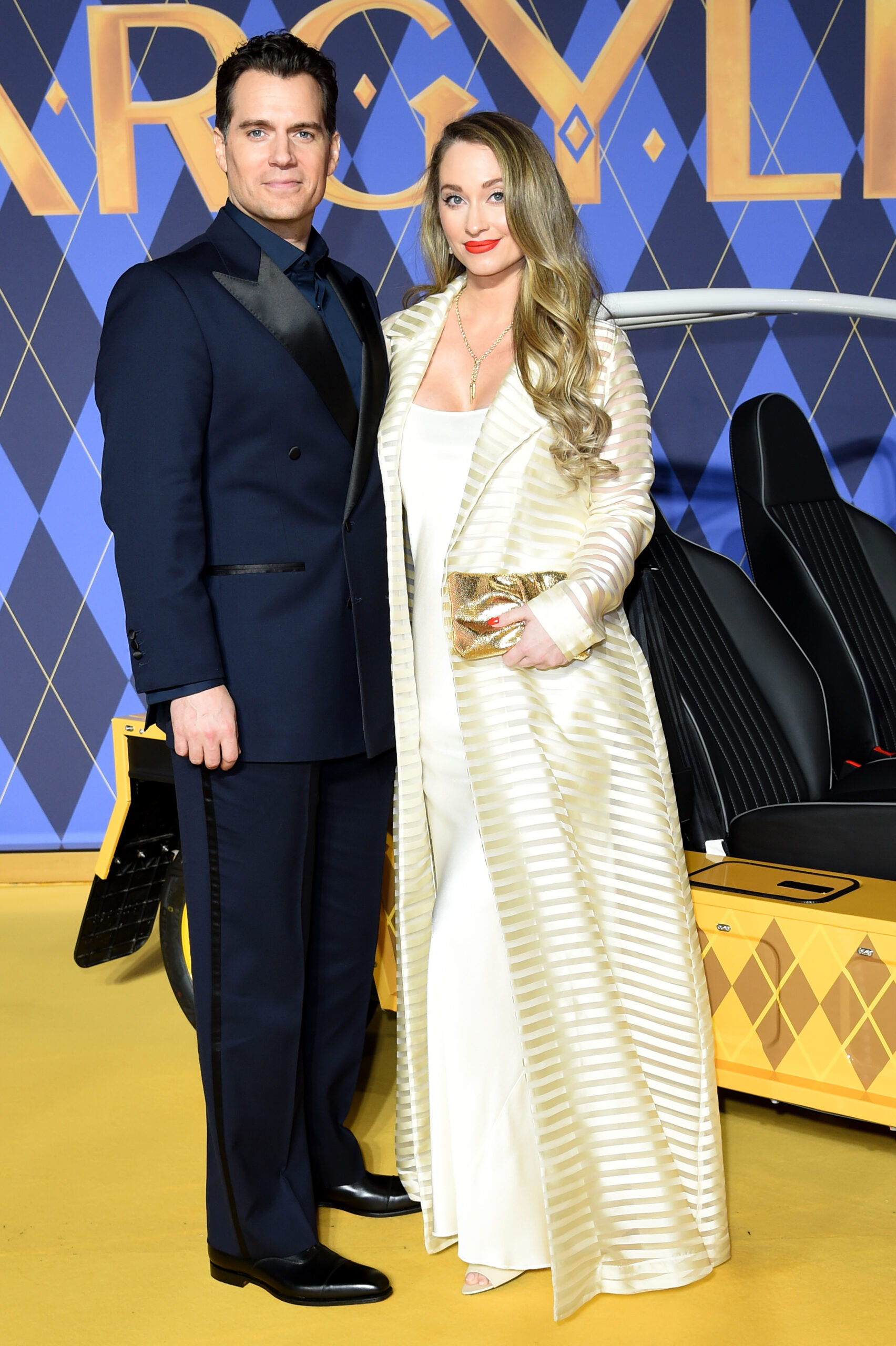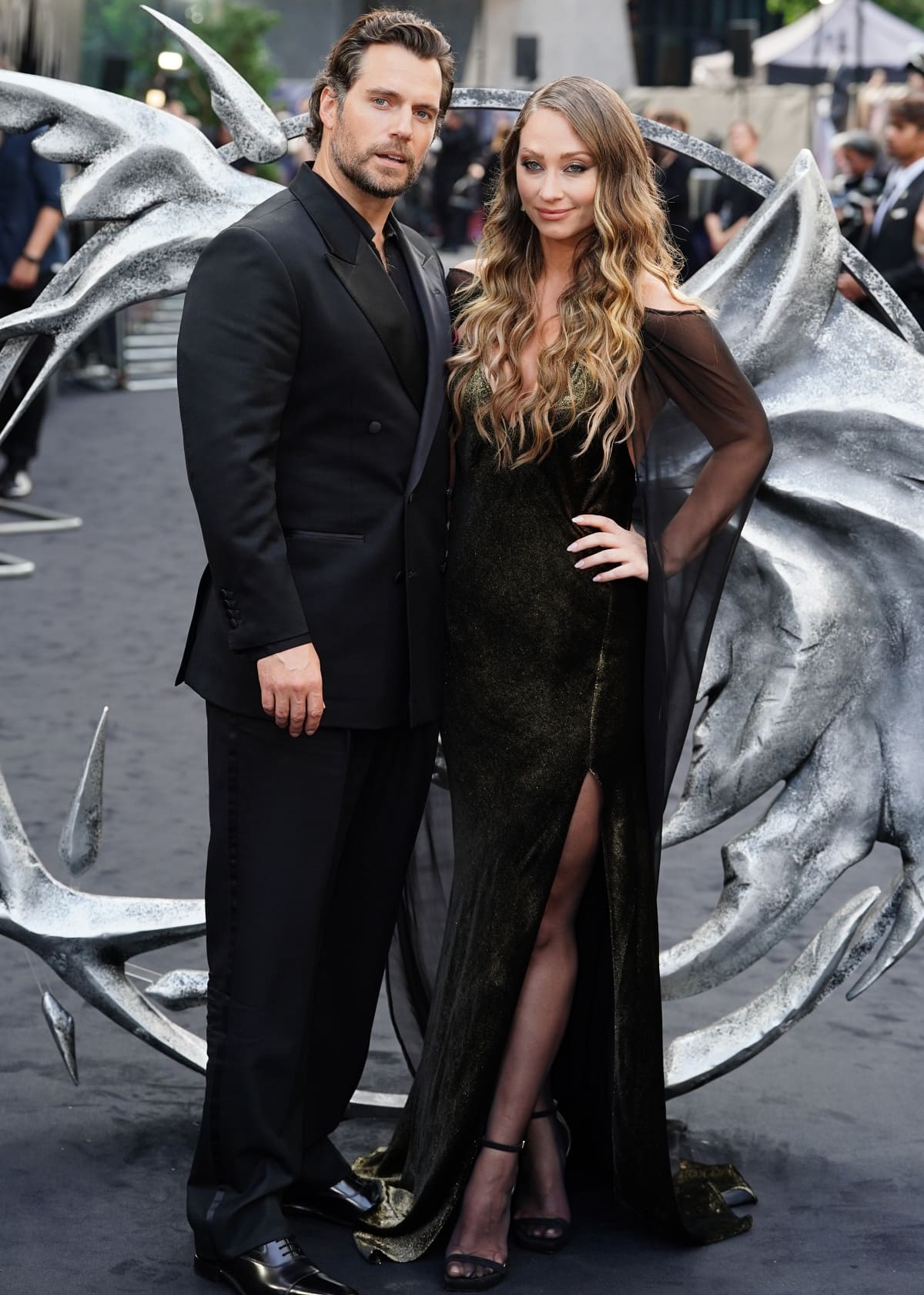When Natalie Viscuso's blackface scandal hit the headlines, it sent shockwaves across social media and ignited a fierce debate about cultural sensitivity and racial appropriation. This controversy wasn’t just another viral moment; it was a wake-up call for many about the importance of understanding history and culture in today’s world. The backlash against Natalie exposed deep-seated issues that continue to resonate within our global community.
Picture this: You're scrolling through Instagram, minding your own business, and suddenly you come across a post that makes you do a double take. That’s exactly what happened when Natalie Viscuso, a social media influencer, posted a photo of herself in blackface. The internet erupted, and the conversation quickly shifted from "What’s for dinner?" to "Why is this still happening in 2023?"
This article isn’t just about Natalie Viscuso and her controversial decision; it’s about the larger conversation around race, representation, and accountability. We’ll break down the timeline of events, explore the history behind blackface, and discuss why this issue matters so much today. So grab a coffee, sit back, and let’s dive into the messy world of cultural insensitivity.
- Big Brothers Jean Jordan The Ultimate Guide To Her Journey Achievements And Impact
- How To Rock Your Space With A Cane Shelf A Gamechanger For Your Home
Table of Contents:
- Biography: Who Is Natalie Viscuso?
- The Blackface Controversy: What Happened?
- A Brief History of Blackface
- Social Media Reaction: How the Internet Responded
- Impact on Natalie's Career
- Why Racial Awareness Matters
- Lessons Learned: Moving Forward
- Natalie's Apology: Did It Work?
- Future Discussions: Where Do We Go From Here?
- Conclusion: What Can We Take Away?
Biography: Who Is Natalie Viscuso?
Before we dive into the controversy, let’s get to know Natalie Viscuso. Born on March 27, 1990, in New York City, Natalie grew up in a creative household that encouraged her love for art and design. She began her career as a fashion designer but quickly transitioned into the world of social media, where she found her true calling.
Today, Natalie is known as an influencer with millions of followers who tune in for her lifestyle content, fashion tips, and behind-the-scenes glimpses into her glamorous life. But beneath the glitz and glamour lies a person whose actions have sparked heated debates about cultural sensitivity.
- Caitlin Clark Dress Before Game The Style Thats Got Everyone Talking
- Ari On Dcc The Unsung Hero Of The Digital Content Creation World
Natalie Viscuso’s Personal Data
| Full Name | Natalie Viscuso |
|---|---|
| Date of Birth | March 27, 1990 |
| Place of Birth | New York City, USA |
| Profession | Social Media Influencer, Fashion Designer |
| Claim to Fame | Lifestyle Content Creator |
The Blackface Controversy: What Happened?
It all started with a single post. In late 2022, Natalie Viscuso uploaded a photo to her Instagram account showing her dressed as a character from a classic movie—but with one major problem: she used blackface to portray the role. The backlash was instantaneous, with users calling out her lack of awareness and cultural sensitivity.
The photo quickly went viral, sparking outrage among her followers and beyond. People were not only upset about the act itself but also about the fact that Natalie seemed unaware of the historical significance of blackface.
Why Was It So Problematic?
- Blackface has a dark history rooted in racism and oppression.
- It perpetuates harmful stereotypes and dehumanizes Black people.
- In today’s world, ignorance about such issues is no longer an excuse.
A Brief History of Blackface
Blackface is more than just makeup; it’s a painful reminder of a time when racism was institutionalized and normalized. Originating in minstrel shows during the 19th century, blackface was used by white performers to mock and caricature Black individuals. These performances reinforced negative stereotypes and contributed to systemic racism.
Even though times have changed, the impact of blackface lingers. It’s not just about the past; it’s about the present and future implications of perpetuating harmful narratives.
Social Media Reaction: How the Internet Responded
When the blackface photo hit social media, it didn’t take long for the criticism to roll in. Influencers, celebrities, and everyday users alike chimed in, expressing their disappointment and frustration with Natalie’s lack of awareness.
Some key reactions included:
- Fellow influencers calling out Natalie for her insensitivity.
- Black creators sharing their personal experiences with racism.
- Discussions about the importance of education and allyship.
Impact on Natalie's Career
The fallout from the blackface scandal was swift and severe. Brands distanced themselves from Natalie, and many of her partnerships were put on hold. Her once-thriving career took a hit as sponsors reconsidered their association with her.
But it wasn’t just about money; it was about trust. Fans who had supported Natalie for years began questioning whether they could continue to stand by her. The incident forced her to reflect on her role as a public figure and the responsibility that comes with it.
Why Racial Awareness Matters
Racial awareness isn’t just a buzzword; it’s a necessity in today’s diverse world. As influencers and public figures, individuals like Natalie have a platform that can either uplift or harm communities. Understanding the history and impact of actions like blackface is crucial for fostering a more inclusive society.
Education plays a vital role in this process. By learning about the experiences of others and acknowledging past wrongs, we can work towards a future where respect and empathy guide our interactions.
Lessons Learned: Moving Forward
So, what can we take away from Natalie Viscuso’s blackface scandal? For starters, it’s a reminder that ignorance is not an excuse. As public figures, influencers must be mindful of the messages they send and the communities they represent.
Additionally, this incident highlights the importance of accountability. When mistakes are made, owning up to them and taking steps to rectify the situation is essential. It’s not just about saying sorry; it’s about doing the work to ensure it doesn’t happen again.
Natalie's Apology: Did It Work?
In the wake of the controversy, Natalie issued a public apology, acknowledging her mistake and promising to educate herself further. But did it resonate with her audience?
While some appreciated her effort to make amends, others felt the apology fell short. The key takeaway here is that apologies must be genuine and accompanied by tangible actions. Simply saying sorry isn’t enough if it’s not backed by a commitment to change.
Future Discussions: Where Do We Go From Here?
The conversation around blackface and racial awareness doesn’t end with Natalie Viscuso’s scandal. It’s an ongoing dialogue that requires active participation from everyone. As we move forward, it’s important to continue discussing these issues and finding ways to create a more equitable world.
Here are some ideas for fostering meaningful discussions:
- Encourage open conversations about race and privilege.
- Support creators and voices from marginalized communities.
- Stay informed and educated about cultural issues.
Conclusion: What Can We Take Away?
Natalie Viscuso’s blackface scandal was a wake-up call for many about the importance of cultural sensitivity and awareness. While the incident was undoubtedly damaging, it also opened the door for important discussions about race, representation, and accountability.
As we reflect on this situation, let’s remember that growth comes from learning and evolving. Whether you’re a social media influencer or just someone scrolling through their feed, we all have a role to play in creating a more inclusive and understanding world.
So, what’s next? Share this article, start a conversation, and keep the momentum going. Together, we can make a difference—one dialogue at a time.
- Terra Yoga A Journey To Inner Peace And Wellness
- Randy Orton The Apex Predator In The Wwe Ring And Beyond


